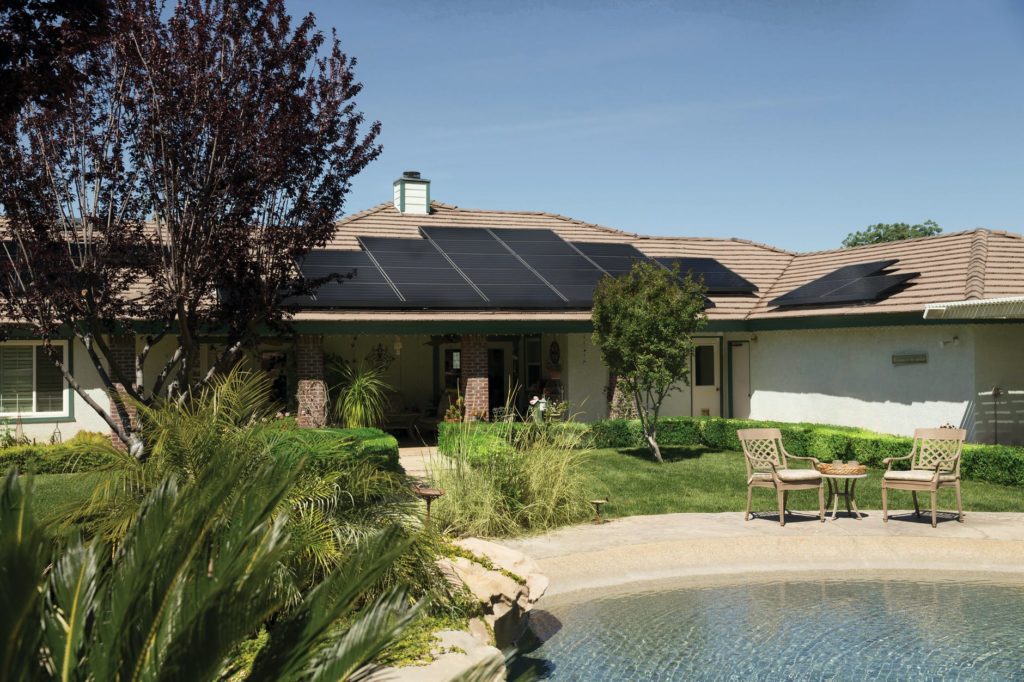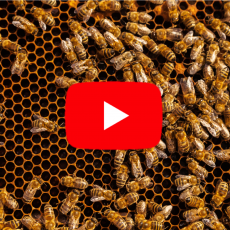
The sun is the closest star to Earth at a distance of 150 million kilometers (93 million miles), and its gravitational pull sustains Earth’s orbit. Five billion years ago, long before humans existed, the sun was radiating energy on Earth. Because the sun radiates light and energy, life was and is possible. Without solar energy, the Earth would be a frozen wasteland. Sunlight allows plants to grow, and plants serve as food and create oxygen that animals and humans need to survive. There would also be no winds, ocean currents, or clouds to transport water without the energy from the sun. It allows the water cycle to function—all living organisms rely on the water cycle for the availability of the H2O that is essential to sustain life.

The Sun and Agriculture
Ten thousand years ago, agriculture developed and since then has served an essential role in the rise of civilization. Agriculture relies on solar energy to cultivate land, produce crops, and raise livestock. The solar technique of crop rotation enabled harvests to increase, while the solar technique of drying food with the sun and wind allowed us to store food when the growing season was over. This surplus of food allowed for populations to grow and structured societies to form. Early civilizations would position buildings to face southward and use windows and skylights to gather heat, light, and circulate air.
The greenhouse was another early development that relied upon solar energy. By converting sunlight to heat, greenhouses allowed plants to grow out of season and in climates not suited for different species. One of the earliest greenhouses dates back to 30 C.E. which was before glass was even invented! So what materials were used? Translucent sheets of a thin mineral called mica were used in one of the earliest greenhouse gases constructed for the Roman emperor Tiberius.
Solar energy can also be used to cook food. Horace de Saussure—a Swiss physicist—invented the first solar box cooker in 1767 that reached 8.78°C (or 190°F) and was used to cook fruit. Today, many types of solar cookers exist for cooking, drying, and pasteurization and, since they do not use fossil fuels or biomass, they do not produce pollution or cause deforestation. Solar cookers also slow the growth of microbes in food.

Solar Technology
Solar power, the conversion of sunlight into electricity, is another benefit of our relationship with the sun. With photovoltaic solar energy, solar cells convert sunlight directly into electricity. The amount of power generated by each cell is relatively low, so large number of cells must be grouped together to generate sufficient power. This is why panels mounted on the roof of a house are mounted together. More generally speaking, solar cells are used for calculators, watches, commercial buildings, homes, and stadiums. Did you know that the Kaohsiung World Stadium in Taiwan, which was completed in 2009 to host the World Games, has more than 8,800 solar panels on its roof? These panels in fact make the stadium self-sufficient in its electricity needs, and when the stadium is not in use it can power 8% of the surrounding neighborhood.
Another way solar energy is used is via concentrating solar power technology, which uses the sun’s heat rather than its light. Lenses or mirrors focus sunlight into a small beam that is used to operate a boiler, which then produces steam to run turbines to generate electricity. For example, the Solana Generating Station in Phoenix, Arizona uses this technology and when operating at full capacity it serves 70,000 homes.


KONICA MINOLTA DIGITAL CAMERA
The sun offers free and clean energy in abundance, unlike fossil fuels that are non-renewable and in limited supply. Currently, most of our electric and engine power comes from fossil fuels like coal, oil, and natural gas that are directly contributing to climate change. Hence, solar energy can play a pivotal role in creating a more sustainable future. It is a truly renewable energy source that we cannot run out of, it can be harnessed in all areas of the world, and is available every day.
In addition to all the sun’s benefits listed above, did you know the sun makes you happy? Exposure to sunlight is thought to increase the brain’s release of a chemical called serotonin, which boosts your mood and makes you feel calm and focused.


